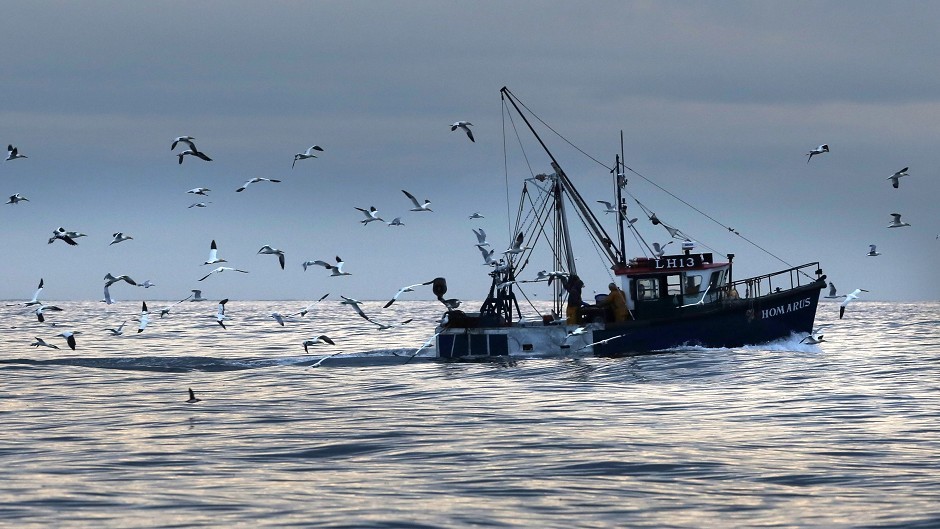Researchers at two Scottish universities have teamed up for a groundbreaking new study into the implications of Brexit for the country’s fishing industry.
The project is one of 25 around the UK which have secured funding from the Economic and Social Research Council (ESRC) as part of an initiative, The UK in a Changing Europe, based at King’s College in London.
It sees Aberdeen University and West of Scotland University (WSU) join forces to look at the likely consequences for fishing policy as the UK quits the European Union.
The research team, which is backed by £228,000 of ESRC cash, is led by Craig McAngus of Aberdeen University’s department of politics and international relations.
He is supported by Arno van der Zwet and John Connolly from the school of media, culture and society at WSU.
Mr McAngus said: “The decision to leave the EU will have a profound effect on the way in which a multitude of policies are implemented in the UK.
“Fishery policy is a most pertinent example of a policy area that is likely to undergo significant changes.
“When the process of leaving the EU is complete, the CFP (Common Fisheries Policy) will no longer apply to the UK. Indeed, the UK will be responsible for governing its own territorial waters.”
As part of the research, the team will take into consideration the added complexity of devolution in Scotland, Wales and Northern Ireland.
“We would presume that once the UK leaves the EU, the Scottish Government will oversee Scottish territorial waters, to take one example,” Mr McAngus said.
He added: “It has been suggested that in order to run an efficient and effective fisheries policy, the UK Government may wish to repatriate powers over fisheries away from the devolved institutions.
“This would be politically very controversial in the context of the Scottish independence debate.
“Our project will examine this tension and how it can be balanced against the need to develop efficient and effective policy in the light of the rescaling of competencies from the EU to the UK.”
The researchers will also look at fisheries policy in Norway, Iceland and Faroe – nations which are outside the EU but govern their own territorial waters and negotiate with each other and the EU to set quotas.
Mr Connolly said: “We see this as just the beginning of what we hope to be a long-term research partnership between our institutions in area public policy and governance research”.
ESRC has funded projects exploring a wide range of issues, including the public’s Brexit preferences, the impact of of the UK leaving the EU on stability and peace in Northern Ireland and its effect on trade, agriculture, migration and the lives of expats and European families living in Britain.
